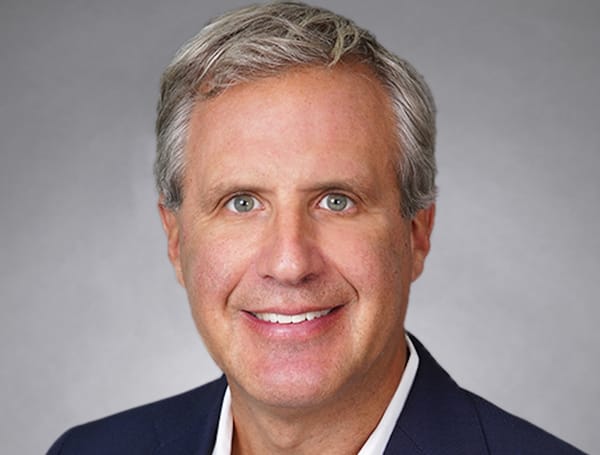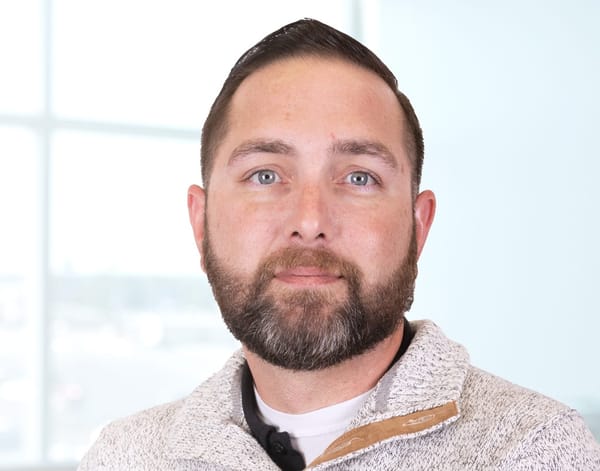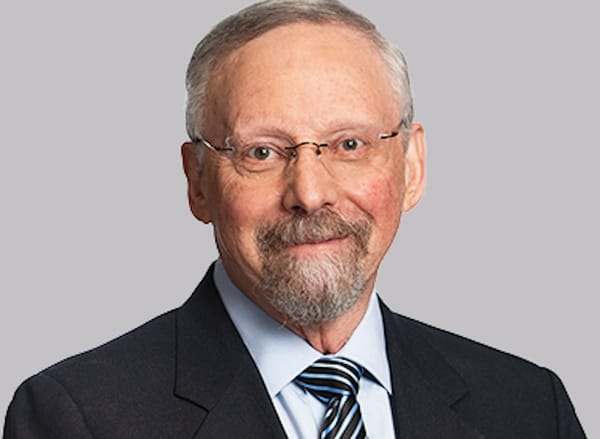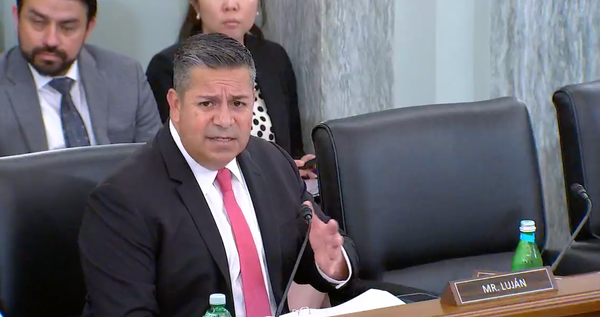Federal Communications Commissioner Jessica Rosenworcel Urges Multiple Solutions to the Homework Gap
April 22, 2020—In order to curb the homework gap in the age of coronavirus, Congress must not focus on providing one particular broadband technology but instead should employ “whatever works,” Federal Communications Commissioner Jessica Rosenworcel said Tuesday. Speaking in a webinar hosted by the I
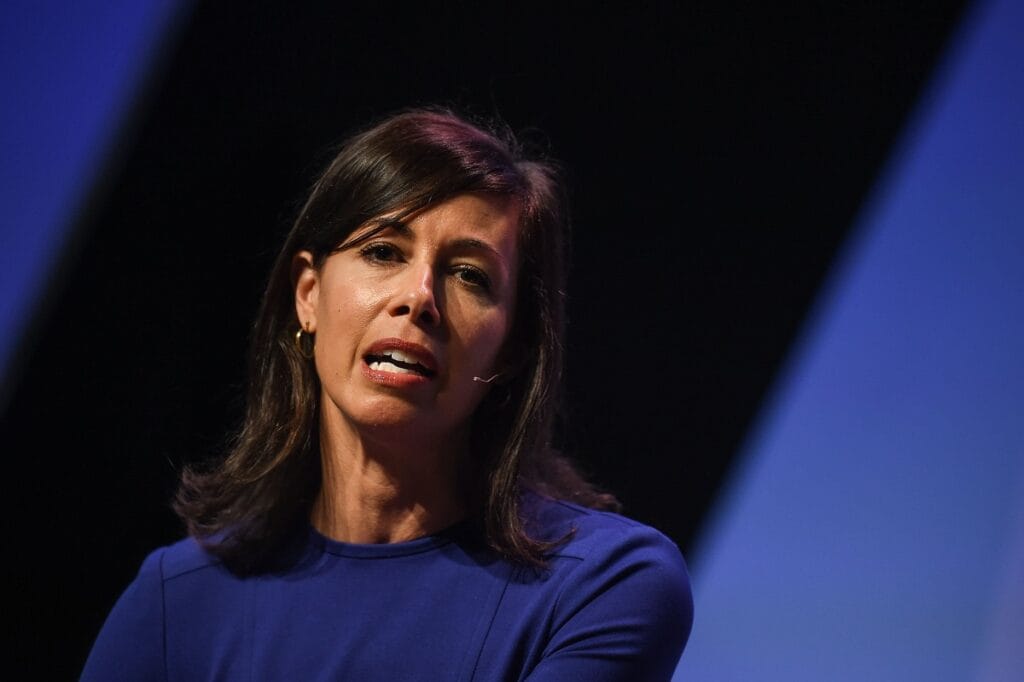
April 22, 2020—In order to curb the homework gap in the age of coronavirus, Congress must not focus on providing one particular broadband technology but instead should employ “whatever works,” Federal Communications Commissioner Jessica Rosenworcel said Tuesday.
Speaking in a webinar hosted by the Information Technology and Innovation Foundation, Rosenworcel said
that when she was in school all she needed was three things: “paper, a pencil, and my brother leaving me alone.”
The needs of education differ in today’s coronavirus environment where “50 million students have been told, ‘go home’,” she said.
Rosenworcel said that more funds should be diverted to addressing the homework gap under Section 254 of the Communications Act of 1996.
These funds would allow Congress to address the homework gap by investing in broadband technologies.
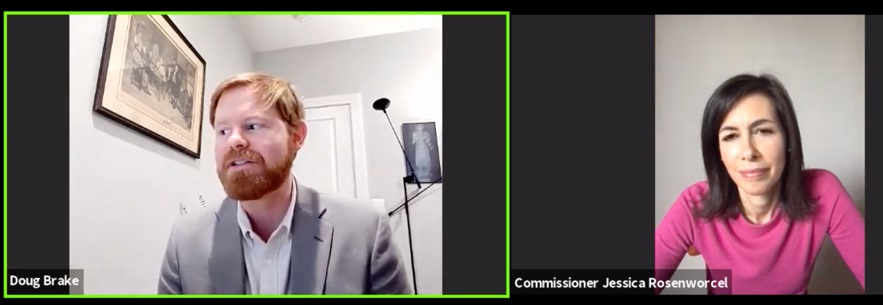
“I’m going to argue right now that the classroom has migrated from the classroom the kitchen table,” she said.
“The FCC has tools right now, we just need to be creative how we use them.,
Rosenworcel called the trend of parents driving their kids to internet hotspots so that they can do their homework “parking lot Wi-Fi.” She criticized the government’s default reliance of purchasing hotspots to fix the problem of the homework gap.
It is also unrealistic, the commissioner said, to expect a young child to be able to focus with restless younger siblings also in the car.
Angela Siefer, executive director of the National Digital Inclusion Alliance and panelist who followed the commissioner’s remarks, called narrow broadband technology solutions “a Band-Aid.”
Siefer also emphasized the need for fast action. She identified funding LifeLine and E-rate as the tools that Congress and the FCC can move the quickest on.
“Only 25 percent of folks who could use LifeLine use it,” Siefert said. “It’s an awareness problem. Since LifeLine “is a government function, why is it not a government responsibility” to promote its awareness?, she asked.
Achieving consensus on funding E-rate would become more politicized and therefore be harder, she said.
“It’s within our power to fix this,” Rosenworcel said in her closing remarks. She signed off with her familiar catchphrase: “Leave no child offline.”



